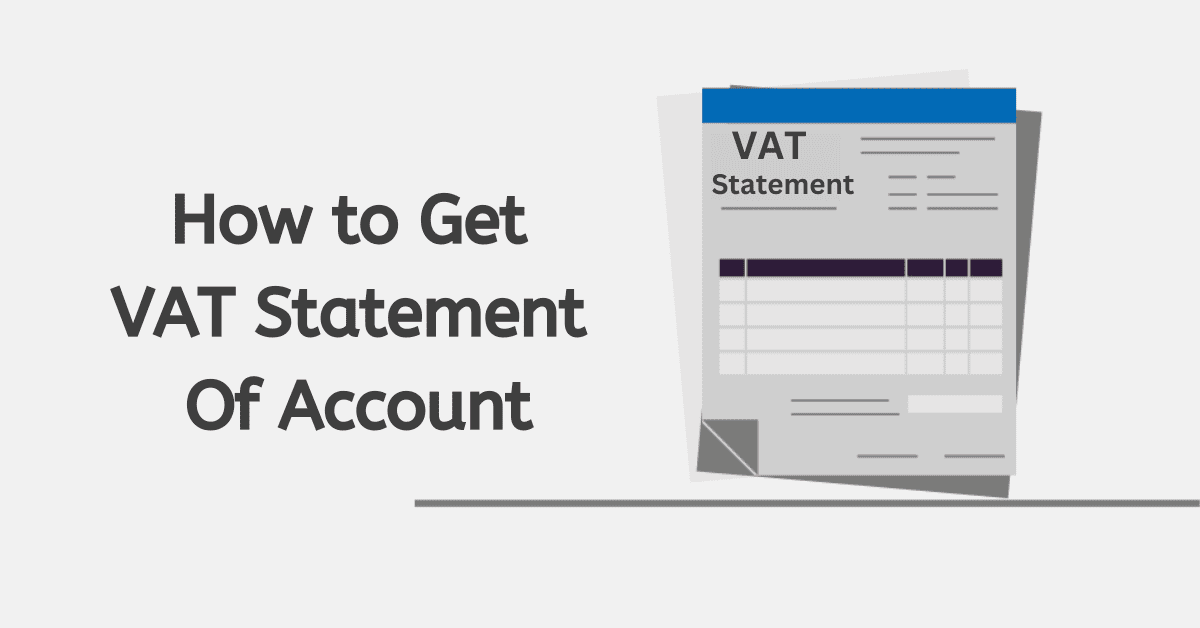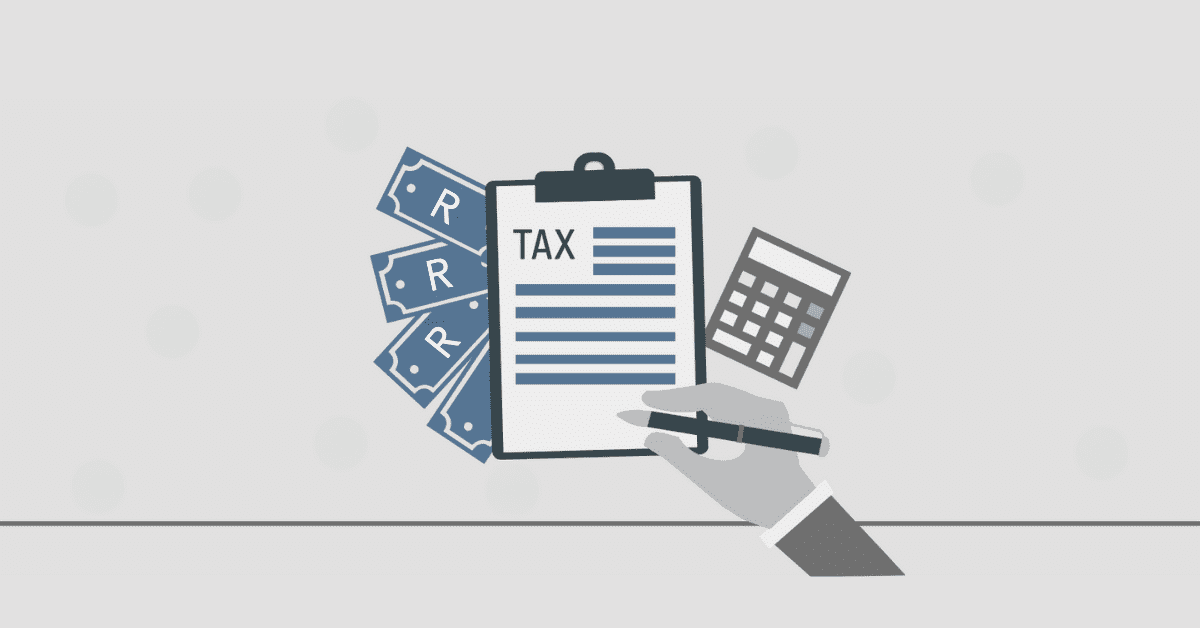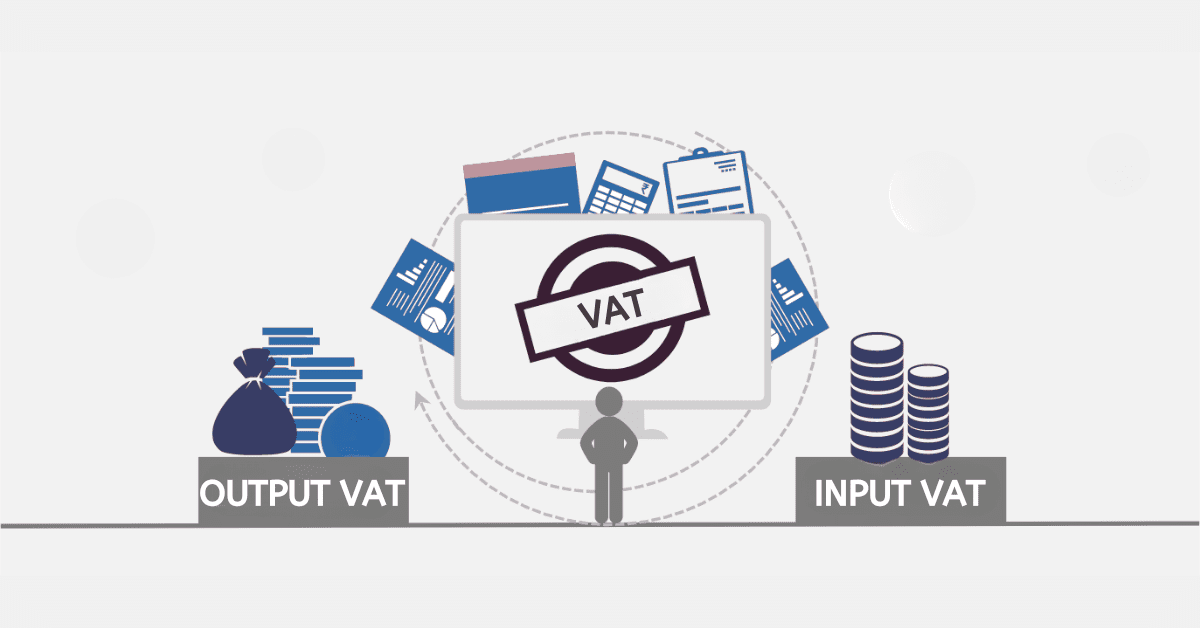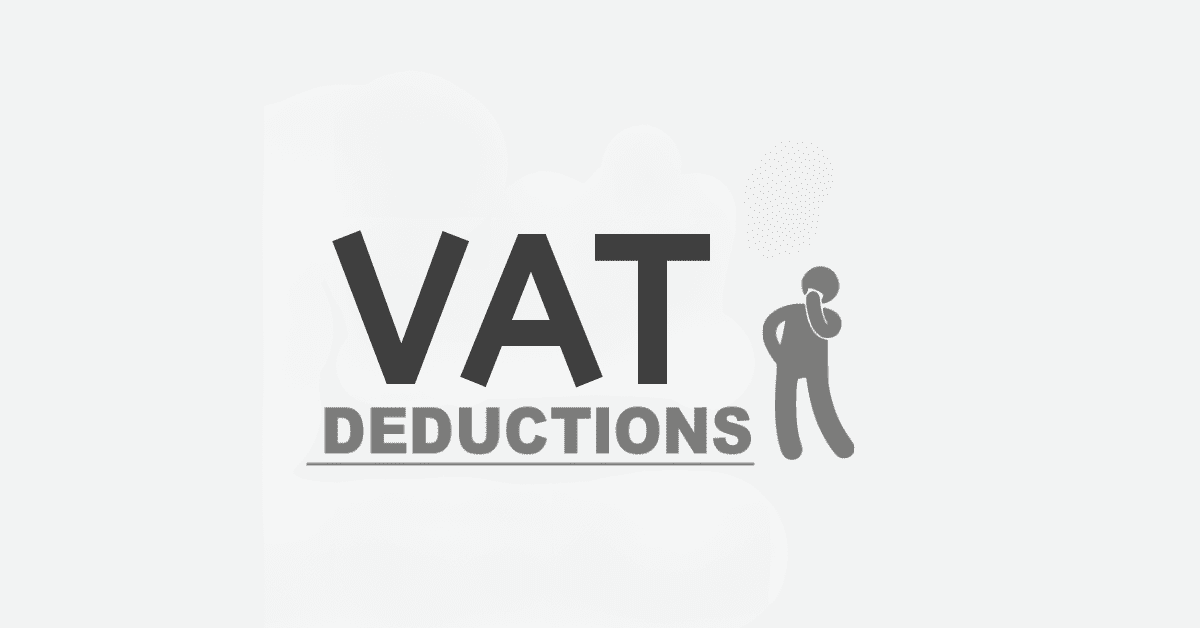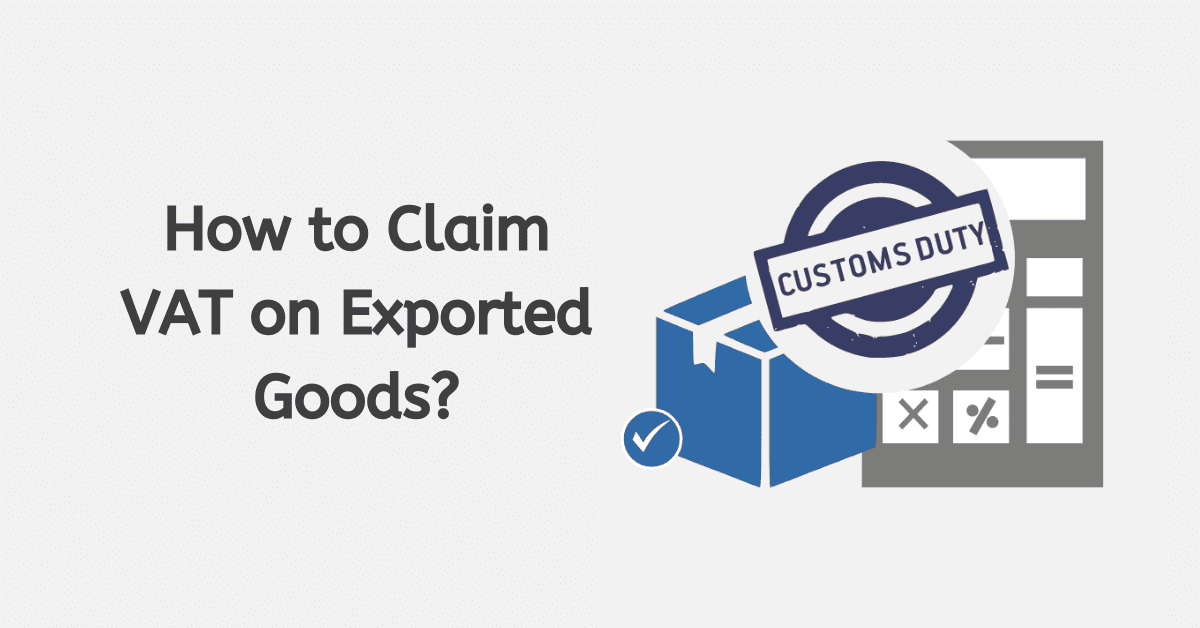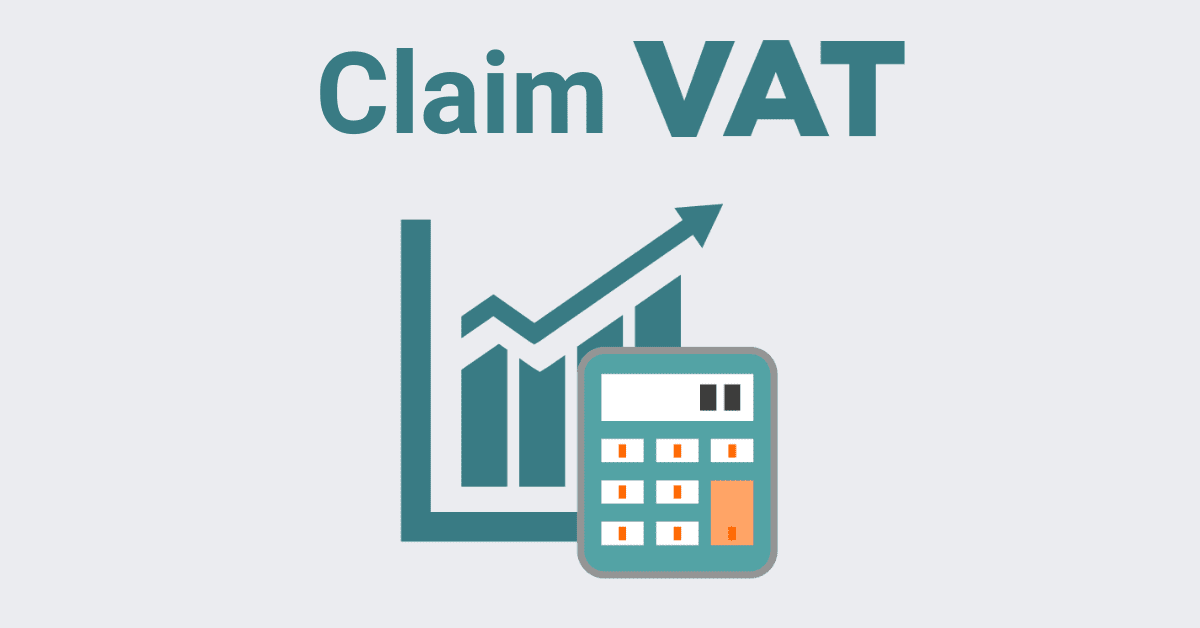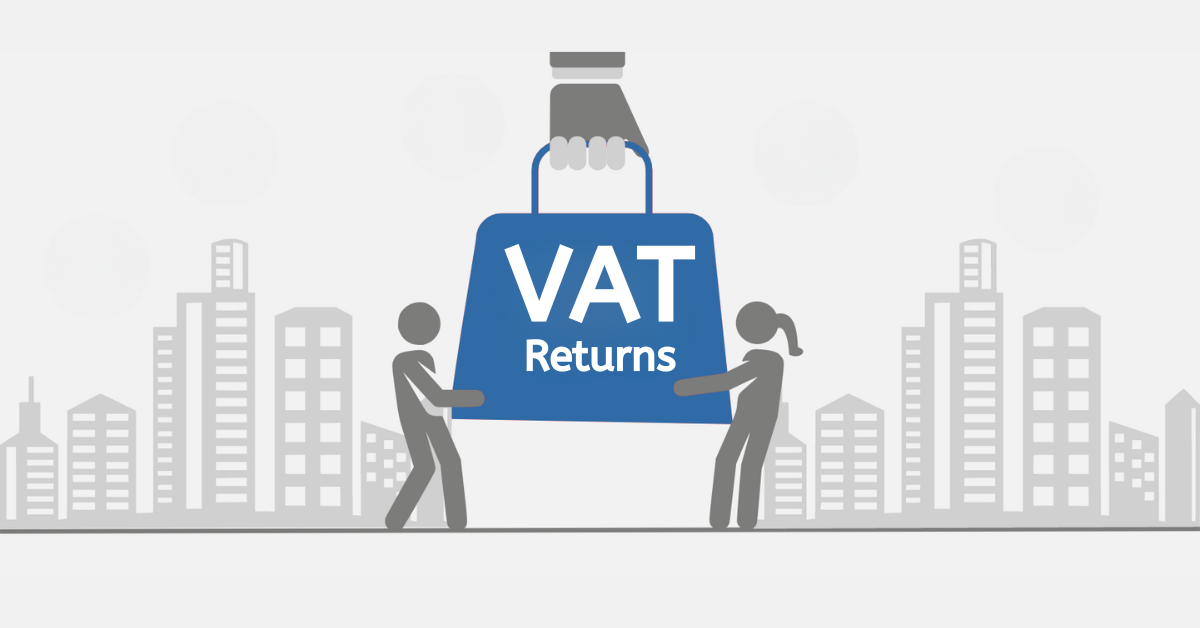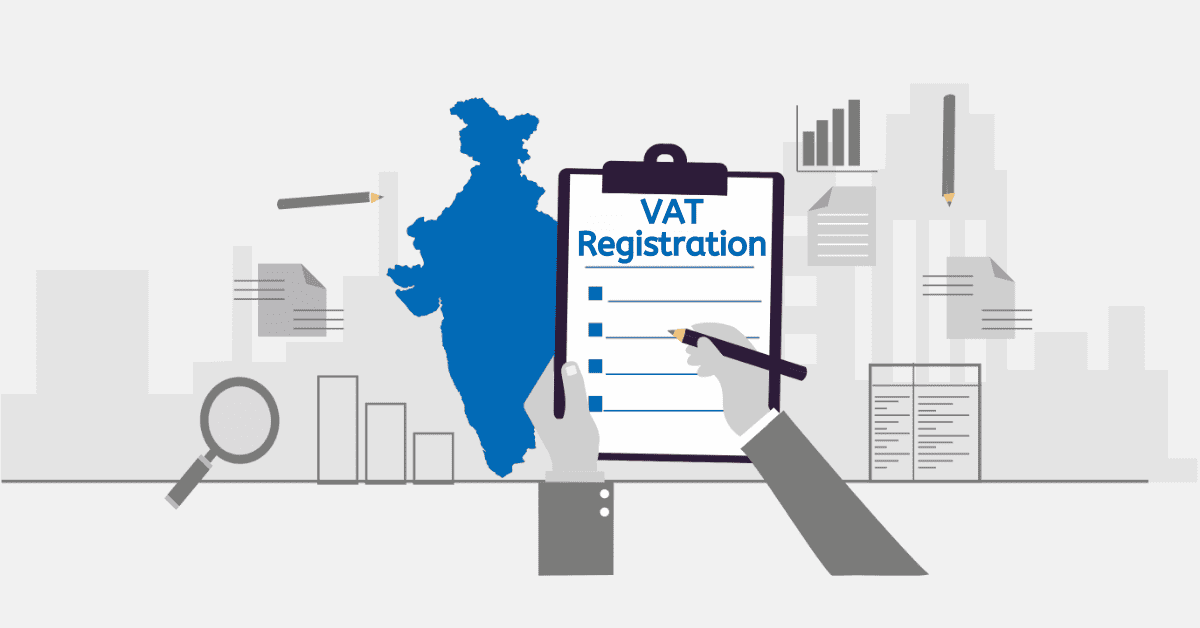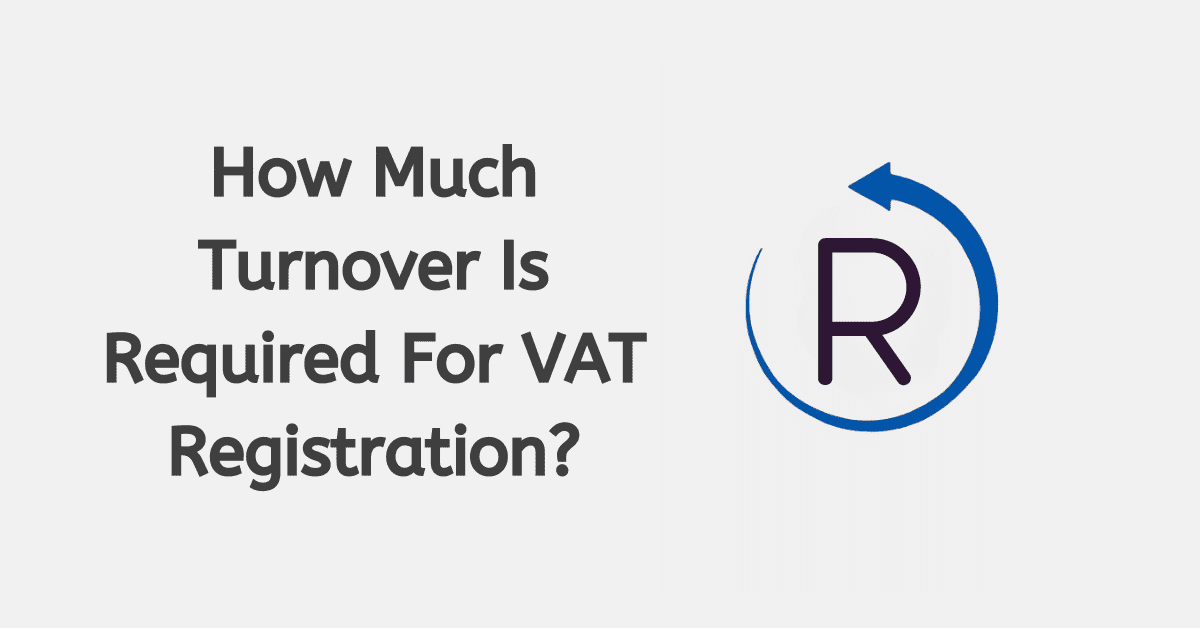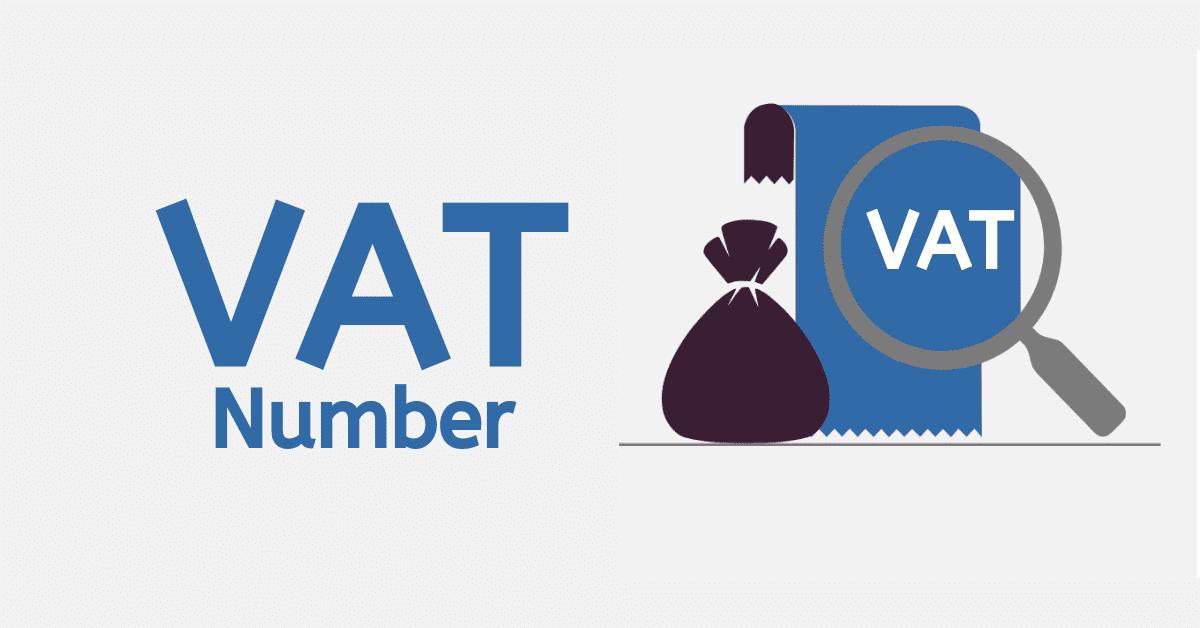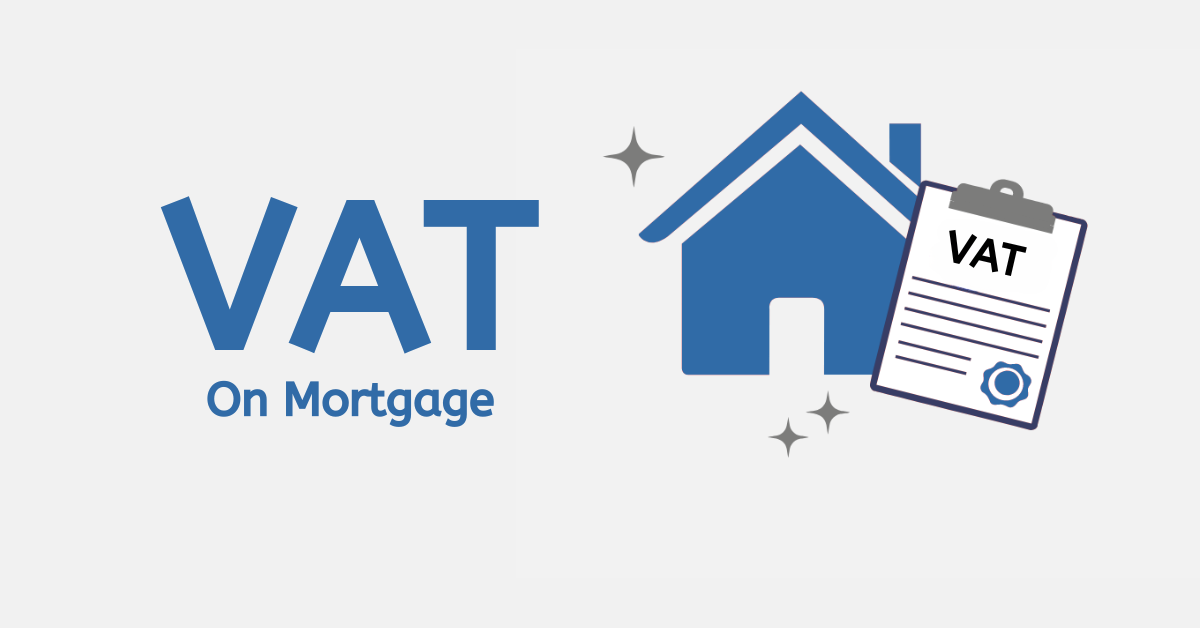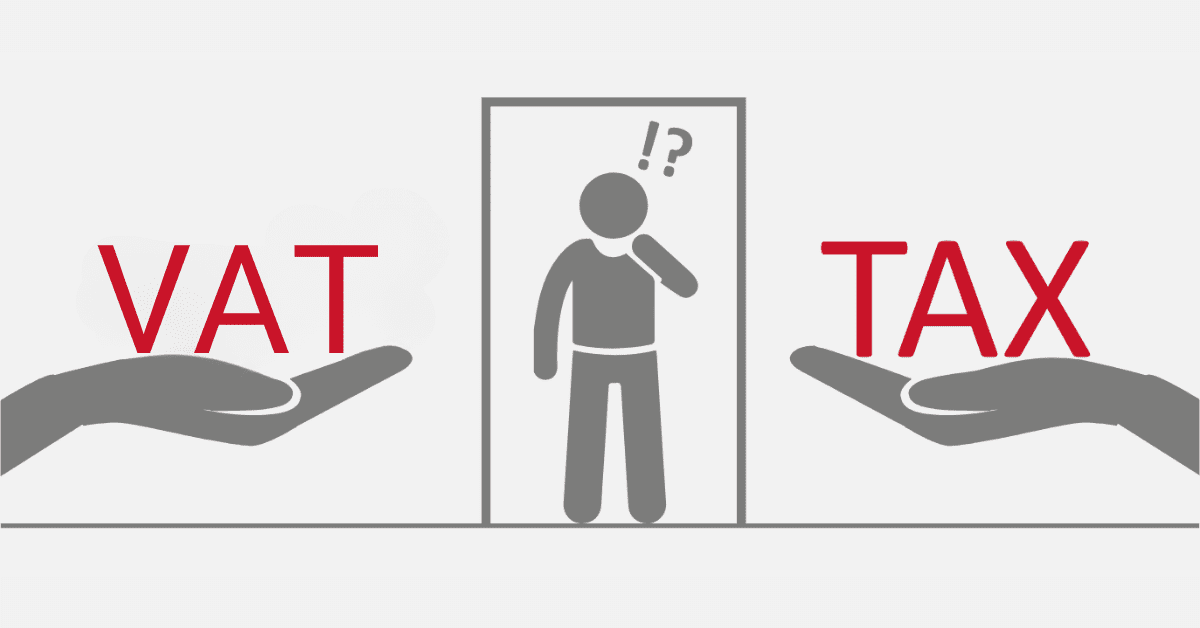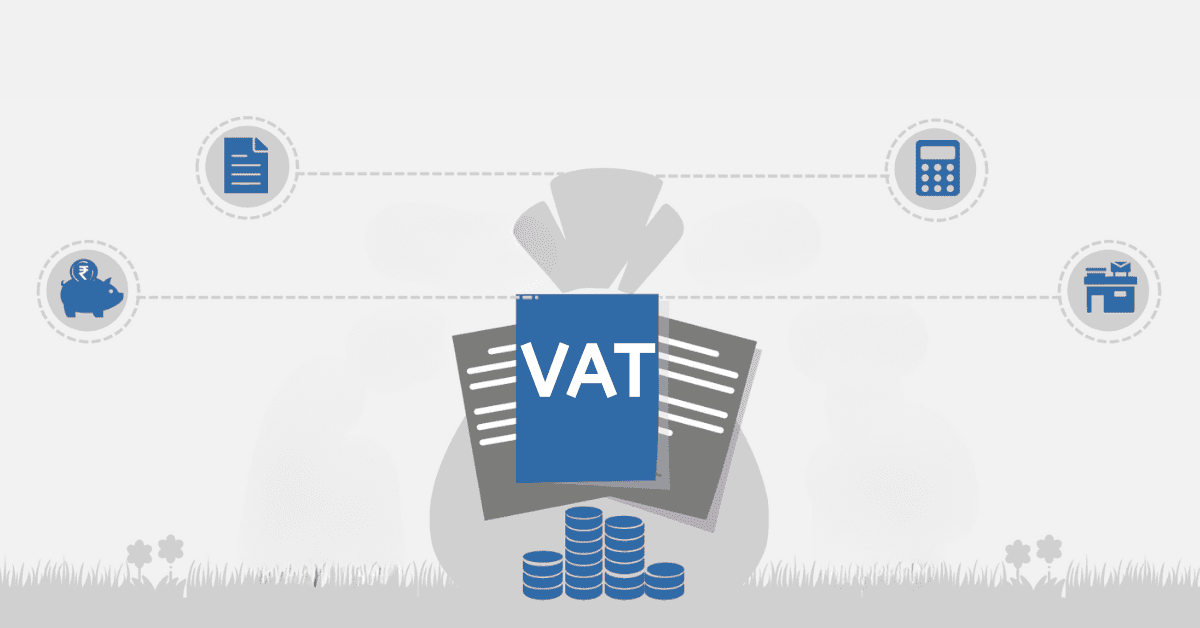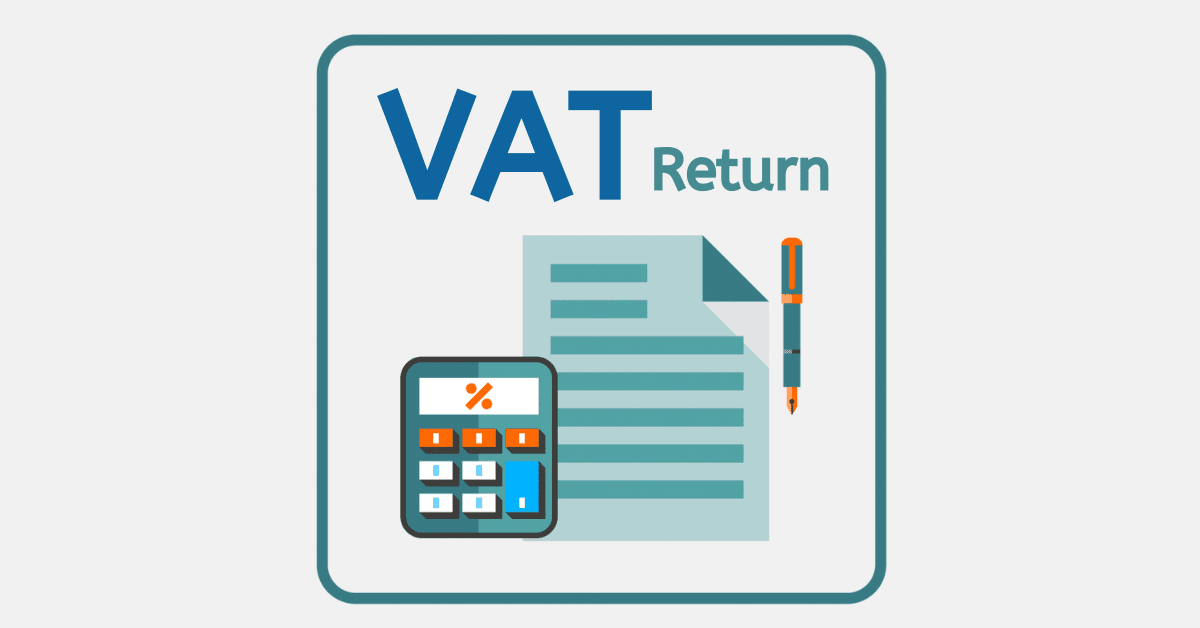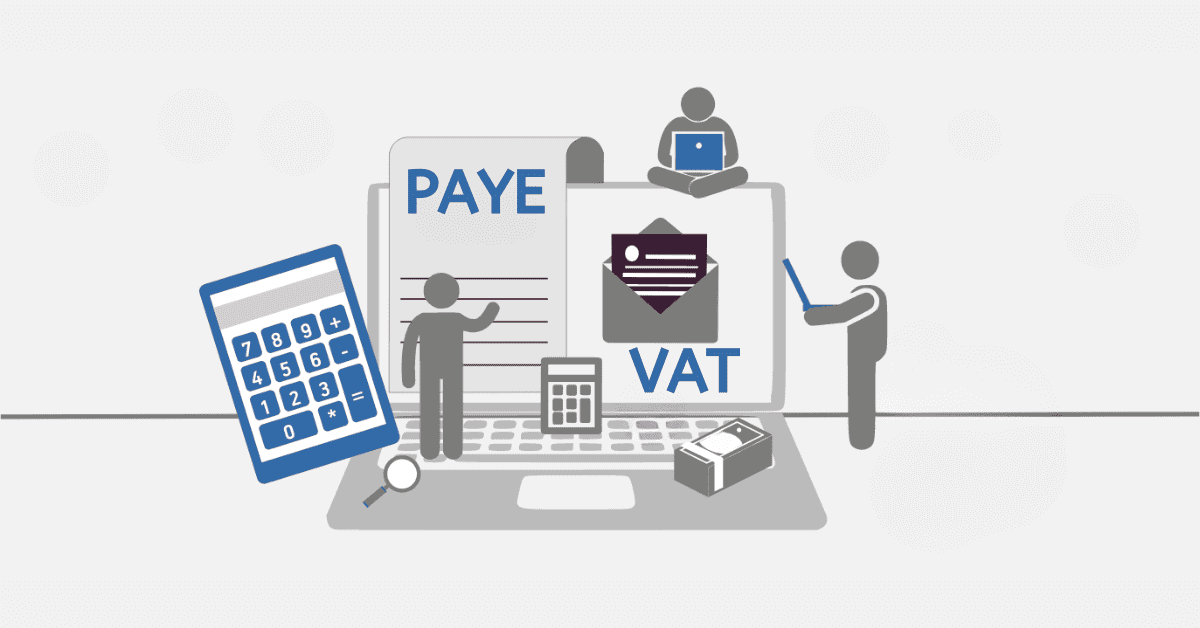While the basics of VAT in South Africa are reasonably simple, a lot of confusion arises around the idea of VAT-exempt and zero-rated goods. However, it is critically important to understand what each of these two distinctly separate categories means, and how it will impact your business if you operate with either.
Exempt Vs Zero Rated: Some Basics
While these two classes of goods and services seem very similar at first glance, they are handled very differently under VAT legislation, and knowing which category you fall into will impact whether or not you can even register as a VAT vendor, what you can charge the end consumer, and whether or not you can claim any portion of your VAT expenditure back from SARS.
Of course, some businesses offer VAT-exempt or zero-rated goods and services alongside those that attract standard VAT. In these cases, you will be required to handle these items differently from the VAT-taxable items you produce when you file your VAT returns.
Which Items Are Exempt From VAT?
Always remember that zero-rated and exempt from VAT do not mean the same thing. Goods and services that fall under the VAT-exempt category in South Africa are those on which VAT is not charged at all. This means that the selling price of these items does not include any VAT, and businesses engaged in the sale of exempt items are not allowed to claim input VAT credits on their purchases. Common examples of items that are exempt from VAT are:
- Non-fee-related services provided by banks, insurance companies, and other financial institutions.
- The provision of educational services by qualifying institutions, including schools and universities.
- Income generated from the rental of residential properties.
- Some qualifying medical services provided by healthcare professionals are exempt from VAT, but this is not for all services offered.
The critical thing to understand about businesses that deal in goods or services that are fully exempt from VAT is that they cannot register as VAT vendors at all, and can claim no input VAT from their supply chain.
What Are Zero-Rated Items?
In contrast, zero-rated items have VAT applied, but at the rate of 0%. Zero-rated items in South Africa include nineteen basic food items most used by the poor. They also include illuminating paraffin and fuels which are already subject to the fuel levy, international transport services, and some basic types of medication. Additionally, government grants, the sale of going concerns, and some farming inputs are zero-rated.
Unlike VAT-exempt businesses, services, and goods, those making zero-rated goods can still claim their input VAT and are required to be VAT-registered if they have met the taxable turnover threshold.
How Are Zero-Rated And Exempt From VAT Similar?
While exempt and zero-rated items differ greatly in the wider VAT ecosystem, they do share certain similarities:
- No VAT Charged to the Consumer: Both exempt and zero-rated items result in the end consumer paying no VAT. The selling price of these items does not include a separate VAT charge.
- Limited Input VAT Recovery: Businesses engaged in the sale of exempt and zero-rated items may face limitations in recovering input VAT on their purchases. This limitation contrasts with standard-rated items, where businesses can typically claim input VAT credits. However, businesses that produce zero-rated goods can claim their input VAT, provided there was VAT charged, whereas VAT-exempt businesses cannot.
- Contribute to Affordability: Exempt and zero-rated items include essential goods and services to boost their affordability for consumers. This aligns with government efforts to alleviate the tax burden on necessities.
However, while the two types of goods and services do have some similarities, it is smart not to conflate them too much. They are handled differently under tax regulation, and it is important to understand those differences- far more so than their similarities!
What Is Taxable, Exempt, And Zero Rated?
Taxable items are those on which the standard rate of VAT is applied. The current standard rate in South Africa is 15%, and businesses selling taxable items charge this rate on their sales. Businesses with taxable transactions can claim input VAT credits on their purchases, offsetting the VAT they collect on sales.
Exempt items are not subject to VAT at all. While this benefits consumers by reducing the cost of certain goods and services, businesses dealing with exempt items are classed as outside the VAT system and cannot claim input or output VAT.
Zero-rated items are subject to a VAT rate of 0%. While consumers do not pay a separate VAT charge, businesses selling zero-rated items can claim input VAT credits on their purchases.
Can You Claim VAT If You Are VAT-Exempt?
No. If you are classed as a VAT-Exempt business, or solely produce VAT-exempt goods or services, you cannot register as a VAT vendor with SARS. This means you cannot claim input or output VAT expenditure and essentially operate as a non-VAT-qualifying entity, even if you technically meet the taxable turnover for VAT.
Hopefully, you now understand this tricky area of VAT legislation much better and feel confident handling both VAT-exempt and zero-rated goods.
